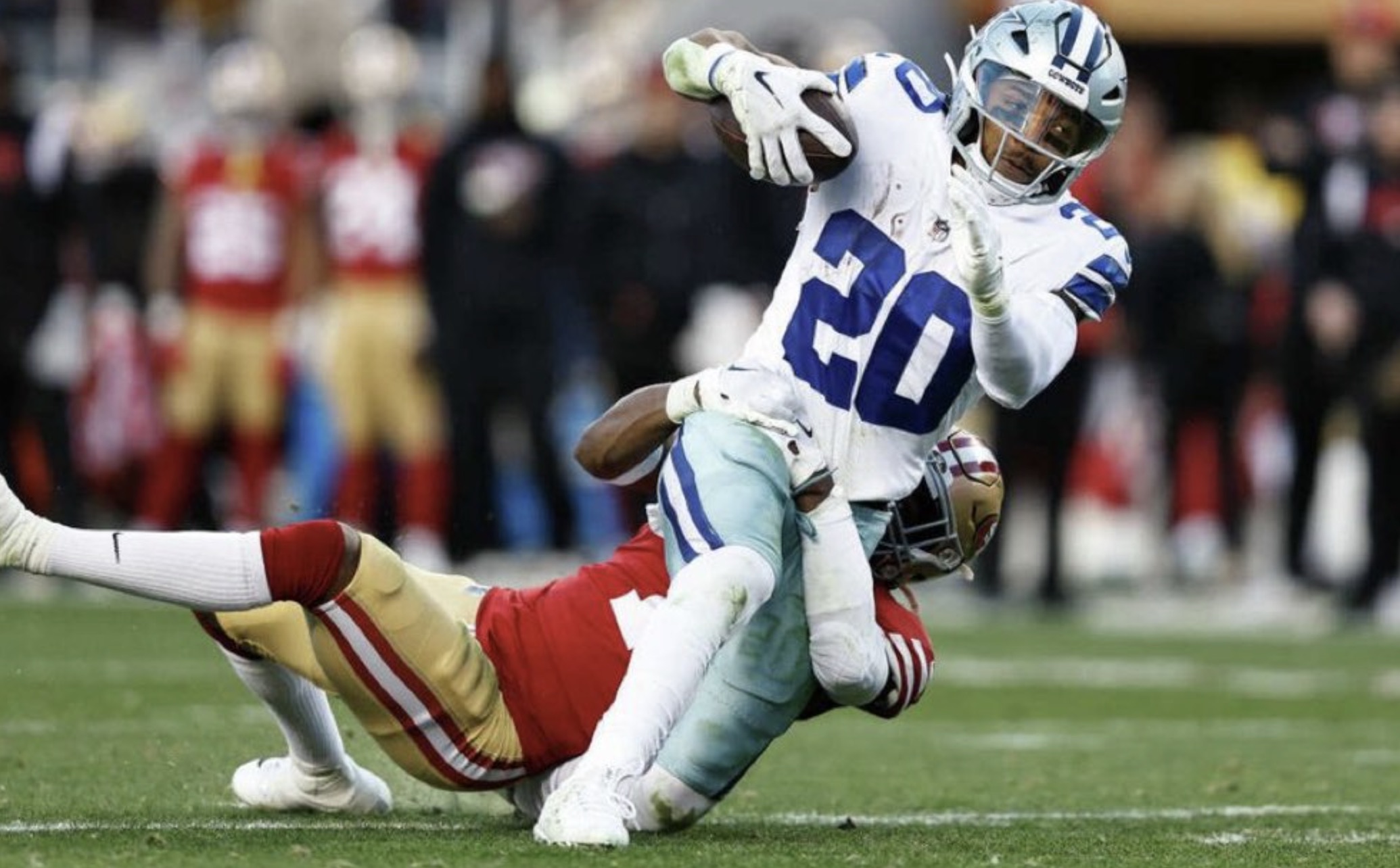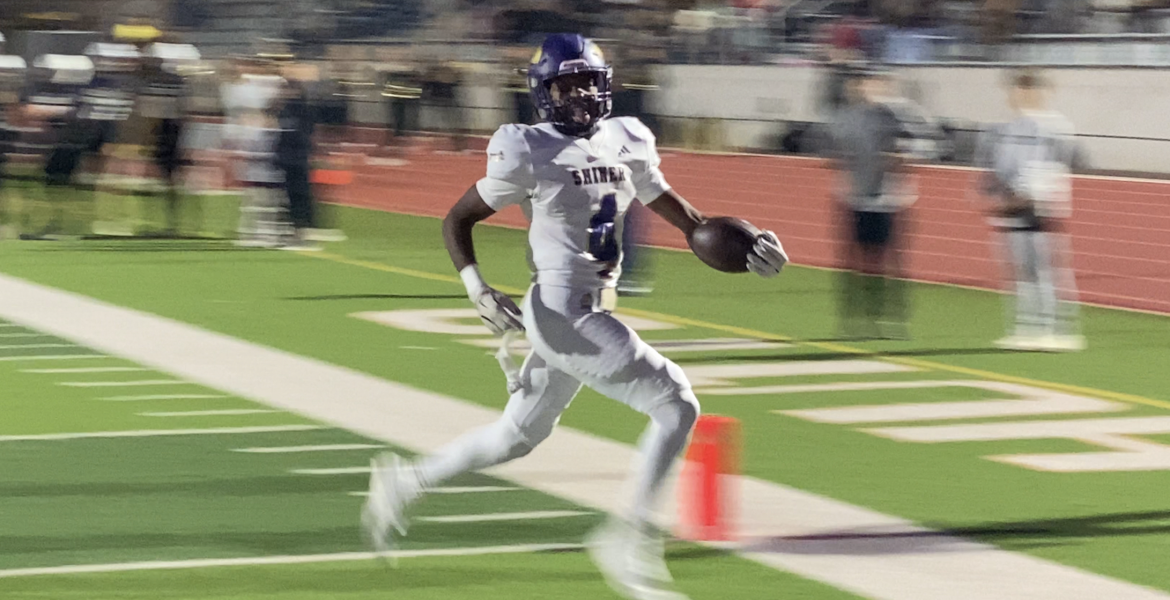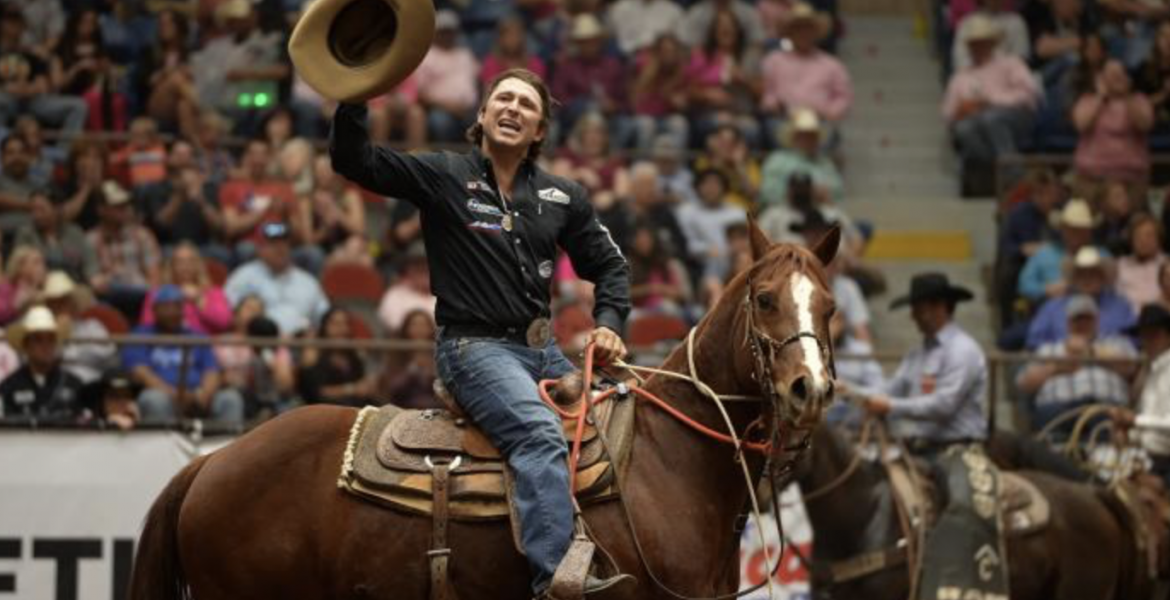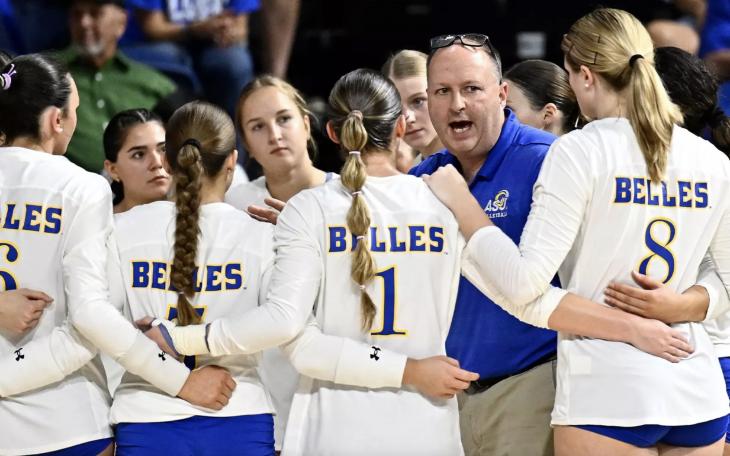NEW YORK, NY — Big news out of the NFL today as the League announced that NFL owners have unanimously voted to ban the "hip drop" tackle against the recommendation of the NFL Players Association.
The vote comes at a time when the League claims that player safety is a top priority. There will be a 15-yard penalty assessed if the play is flagged during games next season. This decision has many current and former players up in arms, as the implementation will make it even harder for defenses to play in an ever-growing offensive-oriented lead.
Troy Vincent, the NFL's executive vice president of football operations, heavily implied last week that while the play might be penalized, it is more likely that the new rule will be treated like the helmet-to-helmet rule, which is assessed and penalized through letters and fines after the game is over.
In addition to the ban on the "hip drop" tackle, two more proposals were approved by NFL owners.
-
Teams will receive a third challenge after one successful challenge. Previously, teams had to be successful on two challenges to receive a third. The proposal was submitted by the Lions.
-
A major foul by the offense will be enforced before a change of possession in situations where there are fouls by both teams.
The NFL targeted rugby-style tackle this offseason because of the frequently occurring lower body injuries to players. One example of this would be Tony Pollard in the 2022 NFC Divisional Playoff game against the San Francisco 49ers.
The play left Pollard with a broken lower leg and took one of the Cowboys' top weapons out for the remainder of the contest.
Another example was the injury to Baltimore Ravens TE Mark Andrews. He suffered a serious ankle injury due to a similar play back in November against the Cincinnati Bengals.
According to the NFL, "the rule requires officials to note two actions: If a defender "grabs the runner with both hands or wraps the runner with both arms" and also "unweights himself by swiveling and dropping his hips and/or lower body, landing on and trapping the runner's leg(s) at or below the knee."
The NFL's competition committee chairman, Rich McKay, made a statement about the rule change on Monday.
"When it is used, it is incredibly injurious to the runner -- the runner is purely defenseless. I've heard defenders say before and I hear them -- 'Hey, you're putting me in a really tough spot, you're saying I can't hit here and what do I do?' My response has as always been, 'Well, you can't do that.' That's just because the guy you're hitting is defenseless, has no way to protect himself," McKay said, according to NFL.com.
"So, we've got to protect him. You've got to come up with other ways, and you know what? They do. Yes, we outlawed the hip-drop, but what you may think are the drag-from-behind where he falls on the -- that's still a tackle. This is only that tackle where the player is lifting themselves in the air and then falling on the legs."
Opinion time from a former football player now. While in a perfect world, McKay's argument makes sense, anyone who has played defense before knows that cherry-picking how a defender gets a ball carrier on the ground is ludicrous. Imagine trying to tackle Derrick Henry while he has a full head of steam running down the field. You are already alongside him and have no choice but to bring him down. Under the NFL's new guidelines, the league is basically saying to hop on the ball carrier and be prepared to be taken for a ride.
This rule will primarily affect undersized players in the secondary. Sometimes, defenders have no choice but to sweep the runner's legs out because that is the only way to get some of the bigger ball carriers on the ground. Even if the ball carrier isn't Derrick Henry, some of the speedsters will leave defenders in the dust if the defender has to worry about how he tackles them while chasing them down.

Tony Pollard's leg injury vs. the 49ers 2023 NFL Divisional Round
(Credit: twitter.com/PHLEaglesNation)
The NFL claims player safety, but this rule change will certainly lead to more missed tackles, penalties, and, as a result, more points. The NFL's shift to high-scoring games with rules in place that almost all but support the offense will continue to widen the gap in the level of defense on the field. No one wants to see players hurt, but in football, some risk is always around.
What will result from this rule change is another season like the one when teams could challenge pass interference—more stoppages in playtime, more frustrated fans, and more disgruntled defenses. Especially in games with high wagers on the line, conspiracy theorists will come out of the woodwork to claim what many more fans suspect every single season: the NFL is scripted. No one who plays football actually thinks that the league scripts games, but with more and more arbitrary situations left up to the officials, one begins to wonder.
Subscribe to the LIVE! Daily
Required






Post a comment to this article here: